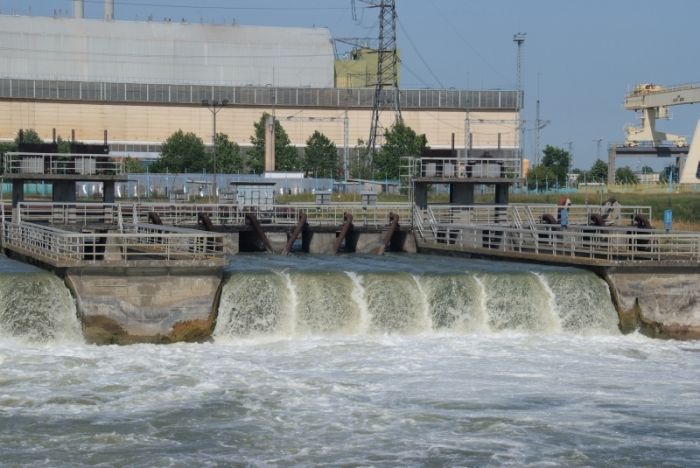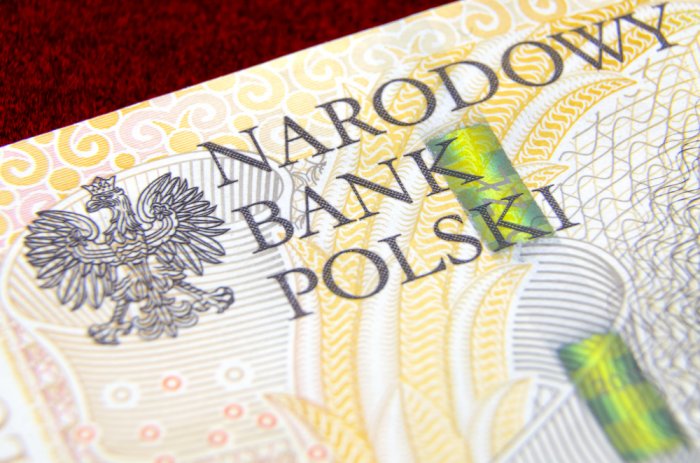MP sounds alarm as Paks progresses

FROM THE DECEMBER 12-JANUARY 15 PRINT EDITION: As the government signs agreements with its Russian partners on new nuclear reactors, the co-president of Hungary’s Green Party questions the wisdom of the €10 billion plan.
The plan to build two new reactors at the Paks plant in Hungary moved ahead with the signing of agreements by the Hungarian state-owned company MVM Paks II Nuclear Power Plant development Company and Russia’s Nizhny Novgorod Engineering Company Atomenergoproekt, the Prime Minister’s office announced on December 9.
“The agreements formalize the design, procurement and construction parameters for the new units, conditions related to their operation and maintenance support, and details regarding fuel supply and the handling and storage of spent nuclear fuel,” according to an announcement from the Prime Minister’s office.
But one major critic of the project complains that the meaning of the agreements, and their implications, are far from clear.
“Everything is untransparent with regard to the nuclear blocks here in Hungary,” says Bernadett Szél, an MP and co-president of Hungary’s Green Party (LMP). “We, like all Hungarian citizens, only know what the government lets and wants us to know. The vague terms disclosed by the administration so far are cause for serious concern. We therefore demand full transparency and complete disclosure of all the agreements signed today, and all Paks-related documentation.”
Szél says she has repeatedly asked the Fidesz leadership about the project, but her questions go unanswered. For instance, the 2014 budget includes HUF 28 billion to pay for expenses related to plans for the new nuclear reactor, but János Lázár, head of the Prime Minister’s office and the leader of the Paks project, does not give details about what this money is spent on, other than to say it pays for staff and an environmental impact assessment that has not been shared with the public.
Szél says that Lázár, and nuclear Commissioner Attila Aszódi, are making major decisions on the project that should be shared by Parliament. She worries that these choices could trigger the use of the €10 bln line of credit that Russia has offered, thereby landing Hungary deep in debt.
As Aszódi, describes the situation, plans for new reactors at Paks must go forward. “The Paks nuclear power plant supplied 36.4% of the electricity consumption of the country,” Aszódi told the Budapest Business Journal.
He explained that the Paks units started operation between 1982 and 1987, and were upgraded in 2001 so that their “lifetime” could be extended. “The now operating four units – the actual Paks-1 plant – have to be shut down between 2032 and 2037,” he said.
“Hungarian energy policy suggests the maintenance of the share of nuclear energy in the domestic energy mix, so it is necessary to construct new units. The Paks-2 plant will have two Russian-designed VVER-1200 units with an overall capacity of 2,400 MW,” as compared to the 2,000 MW currently provided by the existing four reactors at Paks, Aszódi said. “The expected cost of the construction is about €12.5 bln, 80% of which can be covered by the Russian loan. Together with the licensing process, the construction period is expected to be approximately ten years, so the first unit of Paks-2 can start operation in 2025.”
ADVOCATES RENEWABLE ENERGY
Given her concern for the environment, Szél said, she is a big advocate of renewable energy sources instead of nuclear sources. Still, even she acknowledged that the country must rely on Paks for the moment, but she said that will never change, because neither Fidesz, nor the Socialist party who preceded them in power have thought beyond Paks.
“Research shows that we could get rid of nuclear energy in 40 years if we start now to develop renewable energy,” Szél said.
She added that the decisions being made on Paks so far have not been based on good science. “The Hungarian government does not have an expert prognosis for electrical consumption,” Szél complained.
Prime Minister Viktor Orbán has said that he would like to see Hungary become a net exporter of power, perhaps even selling energy to the country’s biggest trade partner, Germany.
But Szél questions the logic of that goal. “I don’t think Germany needs our energy: They are one of the biggest exporters,” she says. For years, Germany has been giving very large subsidies to those who produce renewable energy, and as a result, they are now a net exporter of electrical power.
According to Szél, the deal with PAKS is not about fuel, but foreign policy. “There is a clear policy orientation toward [Russian President Vladimir] Putin,” she said. “This is a very dangerous game, because our natural ally is Europe.”
America’s top official in Hungary apparently agrees with Szél: “Hungary’s energy independence was threatened by the plan to build a second gas pipeline from Russia, as well as by the aim to boost the role of nuclear energy,” U.S. chargé d’affaires André Goodfriend said on December 8 according to the Hungarian daily Népszava.
But Orbán has rejected such claims, saying, “We pursue not a pro-Russian but a pro-Hungarian policy.”
And the Russian ambassador to Hungary, Vladimir Sergeyev, added on December 9 that the Paks deal was based on energy, not politics. “Budapest did not make any concession to us,” he said. “Hungarian-Russian relations should not be over politicized.”
For Szél, the long-term solution is to spend less on extending the lifetime of Paks and more on renewable energy and energy efficiency. “More nuclear energy is not in our national interest. What is in our national interest is insulation,” she said, adding that upgrading homes nationwide with better insulation would cut fuel bills by 50%. She also called for efforts to spend more on renewable energy development.
Aszódi remains skeptical of alternatives to nuclear power.
“First of all, I think that solar and wind are not alternatives but complementary,” he said. “These renewable sources are more expensive and their availability is far from our needs. [….] At this moment, I don’t see the exclusive use of renewables feasible for many decades.”
Szél dismisses that rational. “If they gave as much money to alternative energy as they give to advertising Paks, we could make serious progress,” she said, adding that if we don’t start to develop alternatives to nuclear power now, it will never happen.
SUPPORT THE BUDAPEST BUSINESS JOURNAL
Producing journalism that is worthy of the name is a costly business. For 27 years, the publishers, editors and reporters of the Budapest Business Journal have striven to bring you business news that works, information that you can trust, that is factual, accurate and presented without fear or favor.
Newspaper organizations across the globe have struggled to find a business model that allows them to continue to excel, without compromising their ability to perform. Most recently, some have experimented with the idea of involving their most important stakeholders, their readers.
We would like to offer that same opportunity to our readers. We would like to invite you to help us deliver the quality business journalism you require. Hit our Support the BBJ button and you can choose the how much and how often you send us your contributions.









